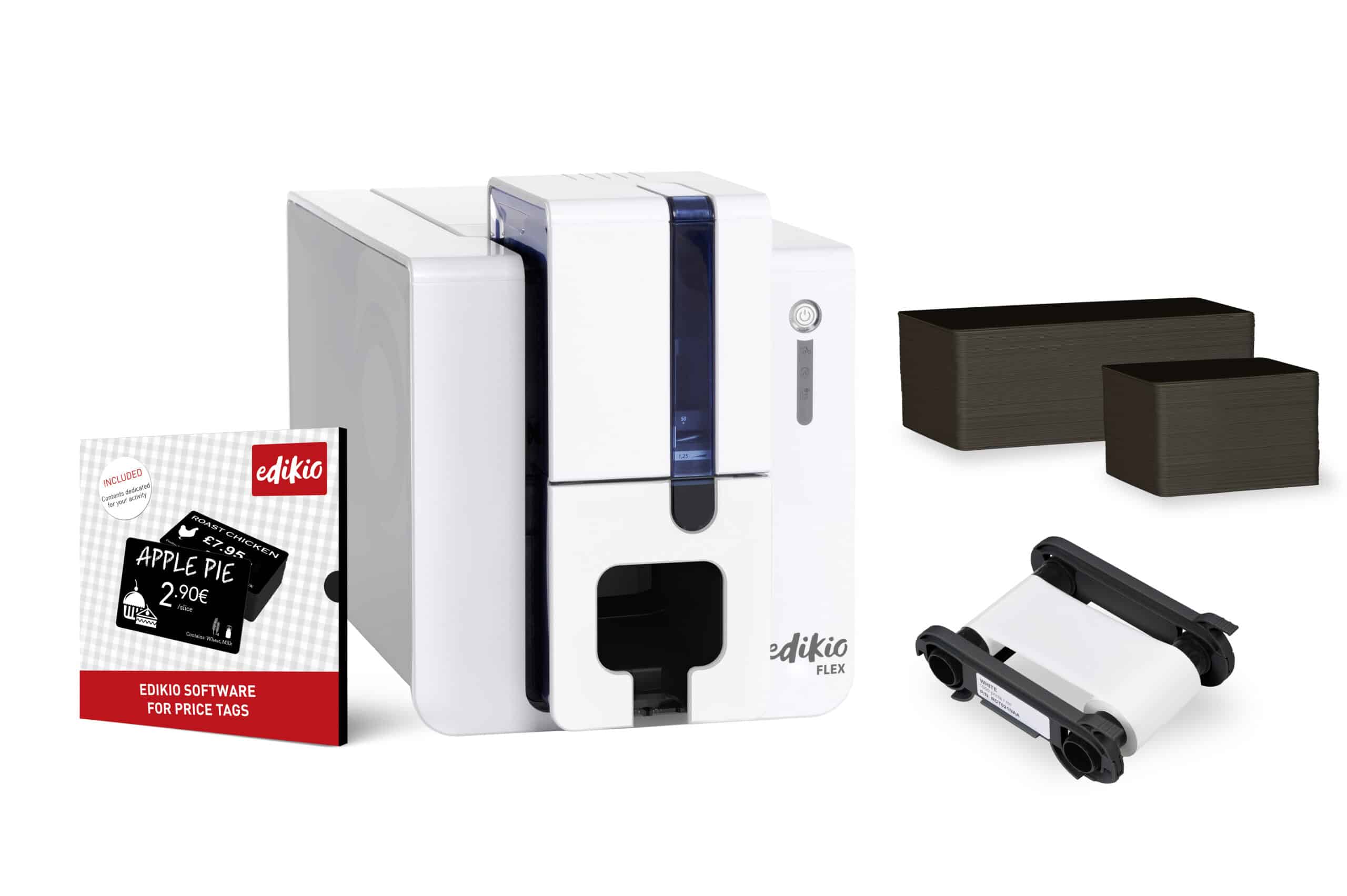Every profession, every type of business and every country has its own standards and regulations that need to be complied with to provide the safest possible experience for consumers. This is particularly true of food retailers selling food products. These products require a great deal of attention in terms of hygiene, traceability and the various information that needs to be communicated to customers. It is therefore essential for retailers to find their way around and opt for simple, effective ways of ensuring that their labelling is in order.
Each profession has its own rules to follow
Some regulations affect several professions. This is the case for European INCO regulations which is aimed at all food professionals selling non-pre-packaged food products: bakers, confectioners, fishmongers, manufacturers, butchers, restaurateurs, etc. In particular, it requires the country of origin or place of provenance of meat to be indicated, as well as the notifiable allergens (NAAs) contained in their prepared products.
But each type of business must comply with specific labelling standards imposed by its country. In France, for example, the compulsory information to be displayed to consumers:
- The butcherfor its beef, will indicate the animal’s reference code, country of slaughter, country of cutting, country of birth and country of rearing.
- The bakerFor each category of bread, a sign measuring at least 15 cm x 2.5 cm will be displayed, stating the name of the bread, its weight, its price per piece and, for loaves weighing more than 200 g, the price per kg.
- The cheese makerIt will label its cheeses with their name, the price in kg, units or portions, the actual fat content and whether or not the milk has been heat-treated.
- The wine merchantEach product will be clearly marked with its volume, price and price per litre.
The most important thing, therefore, is for everyone to find out what they need to know, and to comply with the regulations that apply to them.

Keep up to date so you don't get left behind
While it may seem obvious and important to keep abreast of regulatory information relating to your business, it’s not all that easy to free up time for this unattractive part of running your business. As we know, standards and regulations tend to evolve regularly, sometimes concerning details, other times on much more significant points.. It’s hard to keep up if you don’t have the right sources of information.
The Natasha Act, which came into force in the UK on 1 October 2021, is a perfect example of this. One month after its introduction, a study by the global standards organisation GS1 UK revealed that 40 % of businesses affected by this law requiring allergens to be displayed on pre-packaged products had not even heard of it.
To make up for this lack of information, you can create alerts on your Internet search engine using keywords related to your business. But your best allies will also be :

The official websites of each country’s government
You’ll find all the official information relating to your ministry and therefore your sector of activity, from more practical advice to help you in your day-to-day business to details of every piece of legislation currently in force.

Craft federations and groups
Grouped by trade, and sometimes by region, they enable you to get in touch with other tradespeople with similar concerns, and to obtain information about the specific features of your business.

Trade unions
While they defend the collective and individual interests of employees at national and company level, they are also involved in social dialogue with the government. They are therefore an interesting source of information to follow.

The specialist press
An essential information medium with a strong educational value, it will regularly highlight new developments in your profession.
Choosing effective tools: what if simple labels could be the solution?
When we think of display standards, we can’t help but think of the medium itself. Labels, posters, notebooks… information can take many different formats and be conveyed in many different ways. The most important thing is to find the most appropriate and practical tool, not only for you as retailers, who have to comply with precise rules, but also for your consumers, who need to have clear access to the compulsory information.
What if we told you that labels printed with Edikio Price Tag could be a solution?
Edikio Price Tag solutions have been designed and created for and with retailers to simplify and significantly improve the labelling of their products. In practical terms, Edikio Price Tag offers you a pack comprising :
- A price label creation software which includes a library of templates, lists of items for each type of business, and over 400 images and icons for visual display of allergens.
- Print cards and ribbon compatible with food contact*.
- A plastic card printer ergonomic and easy to use.
And to go further, a complete range of consumables and accessories for the food industry (long cards for bakers, pick labels for meats, etc.)
Edikio Price Tag allows you to :
- Fully customise your labels prices that reflect the image of your business,
- in including mandatory information linked to your products,
- while respecting display rules related to your business.
All printed in just a few seconds, directly at your point of sale!

